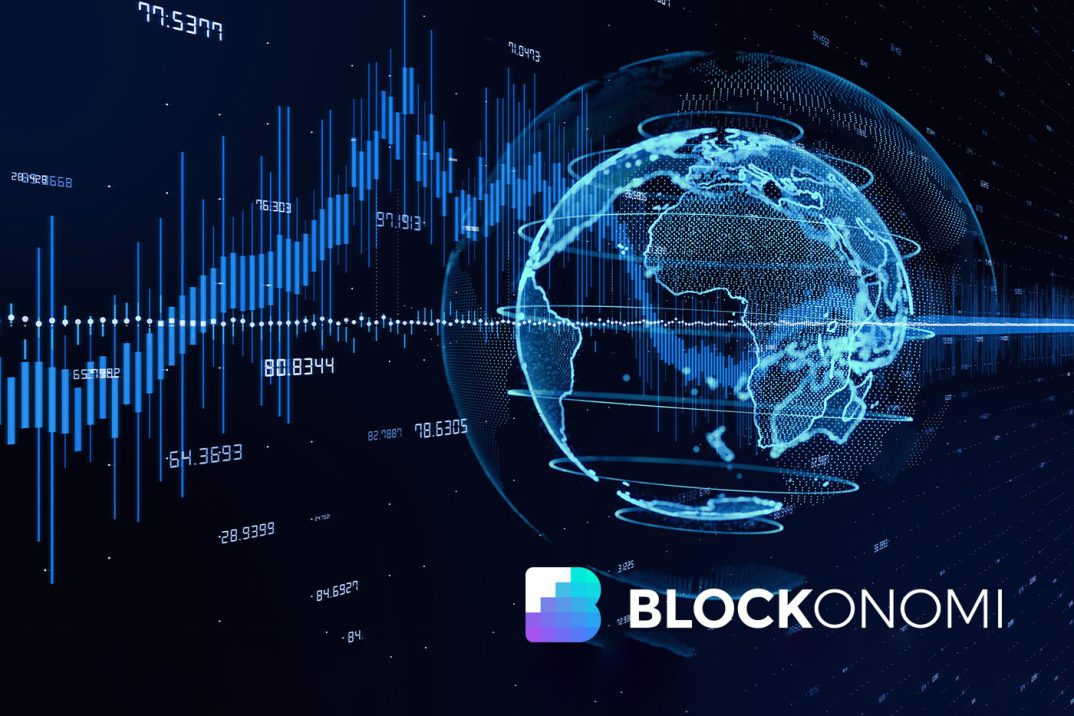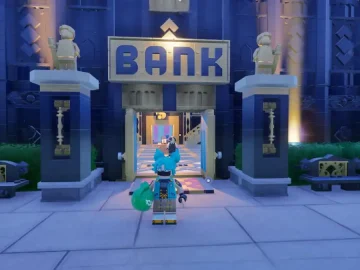Cryptos aren’t a security. Tokens may be assets – as people give them value – but they have no fundamental value. Unlike a cow, which gives milk and is made of meat and bone, cryptos don’t have any sort of unique physical existence.
None of this is new.
We are going to look at value. And not necessarily limit the exploration to cryptos. Digital assets are clearly valuable – people are happy to exchange valuable physical assets for them. However, the intrinsic value of a digital token is still ill-defined.
Inherent Value
The crypto value question comes down to one simple idea: how real is the digital world?
If you know something about how banking and identity works today – you will know there isn’t a simple answer to the reality of digital existence.
In some nations, like the USA, there is a huge push to digitize assets and identity. While the situation varies from state to state, real estate transactions can be settled digitally, and numerous other important transactions exist in the digital world.
Other nations don’t allow any kind of digital transactions when it comes to real estate, or other necessary legal services. You have to show up in person.
Another factor is access. If you live in a place where digital assets are banned – they aren’t going to be as useful!
Anyone who gives a pronouncement on the inherent value of cryptos without digging deep into the situation of the holder is spewing propaganda. People over 40 don’t get it. Digital assets are the same as any other asset as long as the network keeps working.
In many areas, cryptos can be exchanged easily for the local currency – and be spent indirectly. You would have to use the same process with gold or foreign currencies – so in that sense the major cryptos have as much intrinsic value as fiat currency or gold.
Decentralization Creates Value
Not all digital assets are created equal.
While digital assets (fiat currency included) are real from the perspective of possessing inherent value – many of the most popular assets aren’t decentralized. Stablecoins like USDT are highly centralized – and have become an extension of the US financial system.
Here is Whitney Webb with all the details – whether you like it or not – her views are backed by facts:
So the value question moves on to whether an asset is decentralized or not, as digital assets have the same value as liquid physical assets (gold) in many situations.
If Bitcoin had been centralized digital money – it wouldn’t have made much of an impact. It came around at the same time platforms like PayPal were hot – so we can safely say that both decentralization and scarcity are part of its value.
Bitcoin came around at a time when the central banking problems we see now were just beginning. Despite their lack of PhDs from leading unis, many people understood the basic economics that are ruining the global financial system way back in 2009.
If the central banks create money to bail out the rich (via their companies) and tank the economy – there will be currency issues. Decentralization gives people a much needed way out – and speaks to the value of systems without official gatekeepers.
The PoW Gambit
Proof-of-Work (PoW) was brilliant. Launching Bitcoin with a system that created value based in operating a computer made it scalable and created incentives for adoption. However, the idea that using power makes the product of the energy expenditure valuable isn’t viable.
We argue that PoW isn’t a core value creator for decentralization. When people look at money, magic takes over. Bitcoin had an uphill battle to show it was unique and there was an incentive for network maintenance. It is curious there is no equivalent in the fiat currency system.
The subsequent move to Proof-of-Stake on platforms like Ethereum show that PoW isn’t necessary – as people are now willing to accept that digital assets are valuable. The network maintenance question can be resolved in many ways, with PoW existing as an option.
Bitcoin maximalists sometimes say that the energy used in Bitcoin mining makes the final product – Bitcoin – valuable. But this doesn’t hold up. Using energy doesn’t make the product valuable. Ask any small artist. And money can be created with very little energy use. Ask any central bank.
Intrinsic or Extrinsic Value?
The intrinsic value question has plagued cryptos since day one. Central bankers say fiat currency has intrinsic value. It isn’t true. Fiat money is digital garbage used by governments to enslave populations. If you view that equation as value creation – perhaps fiat currency does have intrinsic value.
Basically – something with intrinsic value has value within itself. Extrinsic value is derived from the view people have of a thing. The question of cryptos and intrinsic value comes down to the idea of digital reality. If you accept digital assets as real – Bitcoin and cryptos in general have intrinsic value.
Sorry bankers – this means that PEPE has intrinsic value too.
Beware The Digital Daemon
The nitty gritty of value in the digital space is connected to decentralization. Money has been digital since the 1980s (no one noticed) but decentralization is new. Today, people can connect with the internet. Cryptos make it possible to send value globally without a gatekeeper or centralized system – which is where the value lies.
The details are important, which is why the crypto space should be about education far more than the desire to profit. We all need money – but we need stable systems too.
If you talk to 1000 people at random – most won’t understand what money is. Central banking is equally opaque. Many see national money like a football team. A matter of pride. But money isn’t a game – it is the basis of economic existence in the modern world.
Wall St. and Western governments like Bitcoin and Ethereum because they deliver information on a level never before seen. And people think Bitcoin will make them RICH. Greed RULES. We need better values, not more money.
Decentralization may create value in this century and the next. Governments never will.





